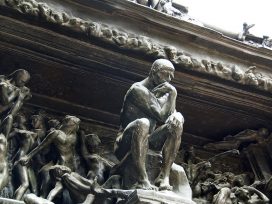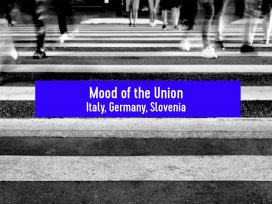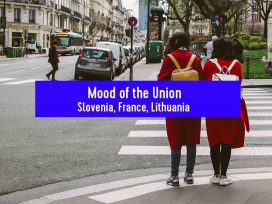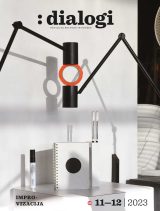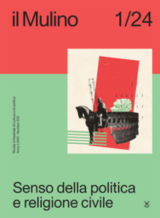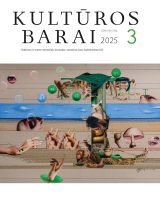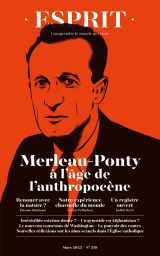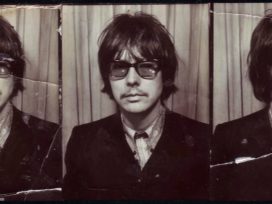
Art as pizza
Did Peter Handke deserve his award?
Boris Vezjak looks into Peter Handke’s controversial Nobel Prize using the analogy of a pizza: whether one should only care if it tastes good and not about the morals of the chef. Isolationists only refer to tastiness, while holists’ criticisms don’t necessarily invalidate the award.
